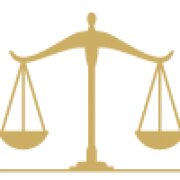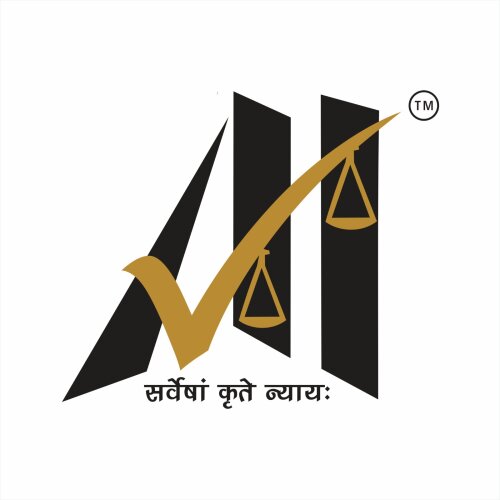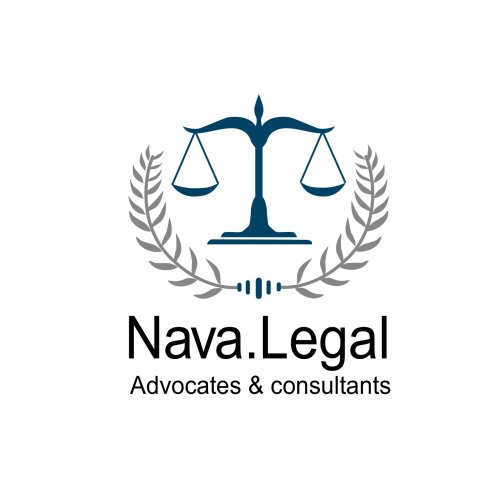Best Assault & Battery Lawyers in India
Share your needs with us, get contacted by law firms.
Free. Takes 2 min.
Or refine your search by selecting a city:
List of the best lawyers in India
About Assault & Battery Law in India
Assault and battery in India are addressed under the Indian Penal Code (IPC), which is a comprehensive law covering various aspects of crime and punishment. Assault can be defined as an act that intends to cause apprehension or fear of physical harm, whereas battery involves actual physical contact or harm inflicted on an individual without their consent. The Indian legal framework provides strict measures against such offenses to deter violent and aggressive behaviors. For instance, sections like 351 (assault), 352 (punishment for assault), and others within the IPC outline the definition, penalties, and procedural approaches related to assault and battery.
Why You May Need a Lawyer
Individuals may require legal assistance in assault and battery cases for several reasons. Victims of assault or battery may seek justice and compensation for damages incurred. Perpetrators accused of committing assault or battery might need legal representation to ensure a fair trial and possible defenses. Additionally, misunderstandings or false accusations can arise, whereby an innocent individual might be falsely targeted, necessitating professional legal help. Furthermore, navigating the complexities of local laws, understanding charges, and ensuring that one's rights are protected can be challenging without professional guidance.
Local Laws Overview
Indian laws pertaining to assault and battery incorporate several key aspects that individuals must be aware of. Assault, categorized under IPC Sections 351-354, relates to criminal force and assault with intent to outrage modesty, whereas battery may fall under the realm of causing hurt (Sections 319-326). The punishment for these offenses varies depending on the severity and circumstances, ranging from simple fines to extended imprisonment. Key aspects to note include self-defense provisions, the context of crime (such as domestic violence or public altercations), and the relationship between the assailant and the victim.
Frequently Asked Questions
1. What constitutes assault under Indian law?
Assault is defined as any act or gesture that causes another person to apprehend the use of criminal force against them. It doesn't require actual physical contact.
2. How is battery different from assault?
Battery involves physical contact or harm, whereas assault merely involves the threat or attempt without physical contact.
3. Can assault and battery charges be compounded in India?
Assault charges are compoundable under certain conditions with the court's permission, meaning the victim can agree to have the charges dropped, typically in exchange for compensation.
4. What are the legal consequences of assault and battery?
Legal consequences can range from fines to imprisonment, based on the severity of the offense and injury caused.
5. Are there defenses available against assault and battery charges?
Yes, common defenses include self-defense, consent, lack of intent, or proving false allegations.
6. How can a lawyer help in an assault and battery case?
A lawyer can provide legal representation, help build a defense strategy, negotiate settlements, and ensure that the legal rights of clients are protected.
7. What should I do if I am falsely accused of assault?
Seek immediate legal assistance to gather evidence, corroborate your version of events, and assert your defense in court.
8. How is domestic violence related to assault and battery?
Domestic violence often involves assault and battery but may also include psychological abuse or other forms of coercion. It is covered under specific laws like the Protection of Women from Domestic Violence Act, 2005.
9. Can assault and battery cases go to mediation?
Yes, mediation can be considered for less severe cases if both parties agree, aiming for a mutually acceptable resolution.
10. What is the role of the police in assault and battery cases?
The police are responsible for investigating allegations, collecting evidence, arresting suspects, and filing charges if appropriate.
Additional Resources
Individuals seeking help with assault and battery issues can turn to the following resources:
- The National Commission for Women (for cases related to women).
- Legal Services Authorities in various states for free legal aid.
- Local police stations for filing FIRs or complaints.
- The Bar Council of India for finding qualified legal professionals.
Next Steps
If you require legal assistance in an assault or battery case, consider the following steps:
- Document all relevant information and evidence related to the incident.
- Contact a qualified lawyer specializing in criminal law to discuss your case.
- If necessary, reach out to authorities to secure protection or to file a complaint.
- Attend all legal proceedings and adhere to your lawyer's advice throughout the process.
Lawzana helps you find the best lawyers and law firms in India through a curated and pre-screened list of qualified legal professionals. Our platform offers rankings and detailed profiles of attorneys and law firms, allowing you to compare based on practice areas, including Assault & Battery, experience, and client feedback.
Each profile includes a description of the firm's areas of practice, client reviews, team members and partners, year of establishment, spoken languages, office locations, contact information, social media presence, and any published articles or resources. Most firms on our platform speak English and are experienced in both local and international legal matters.
Get a quote from top-rated law firms in India — quickly, securely, and without unnecessary hassle.
Disclaimer:
The information provided on this page is for general informational purposes only and does not constitute legal advice. While we strive to ensure the accuracy and relevance of the content, legal information may change over time, and interpretations of the law can vary. You should always consult with a qualified legal professional for advice specific to your situation.
We disclaim all liability for actions taken or not taken based on the content of this page. If you believe any information is incorrect or outdated, please contact us, and we will review and update it where appropriate.
Browse assault & battery law firms by city in India
Refine your search by selecting a city.














